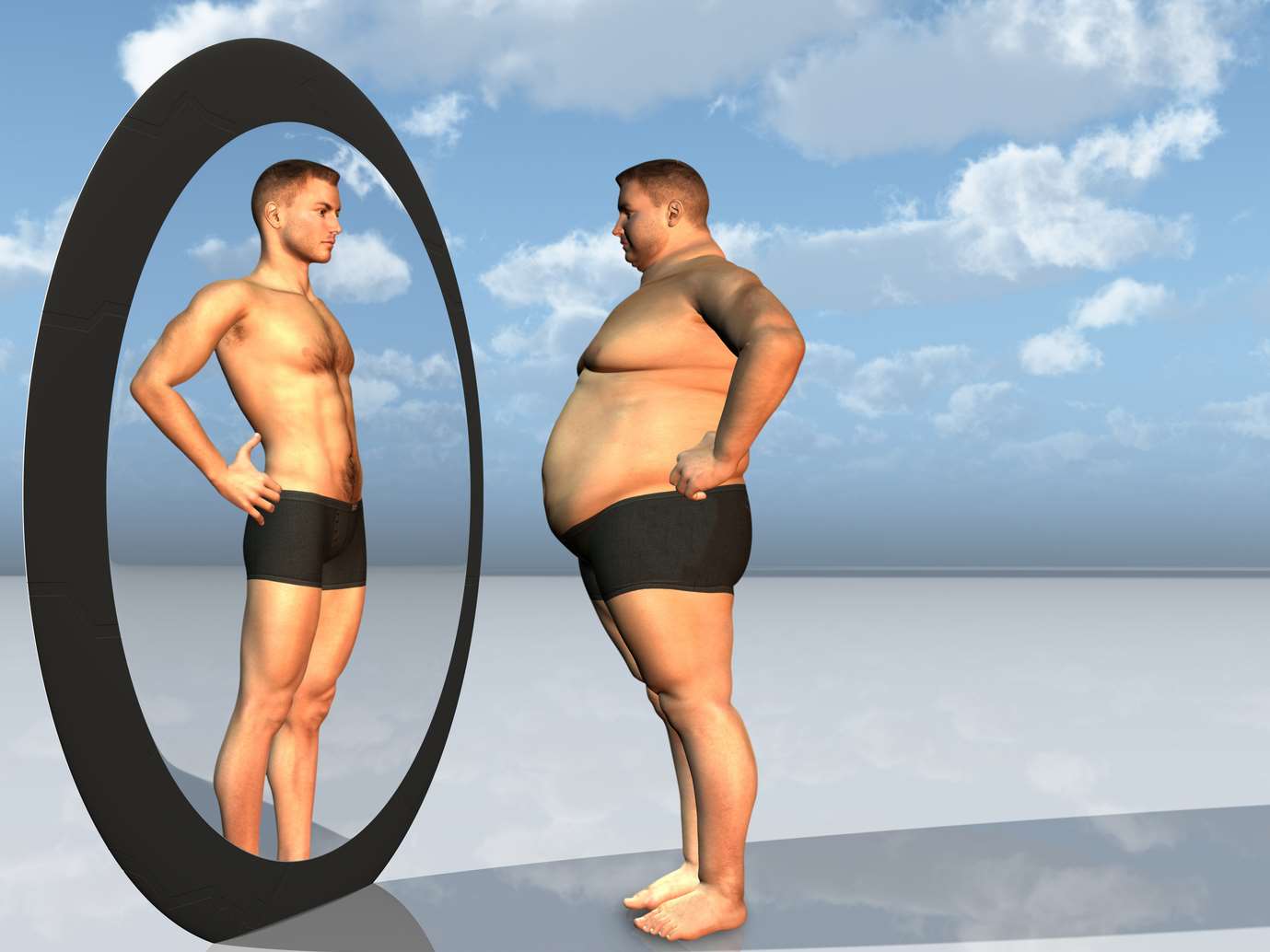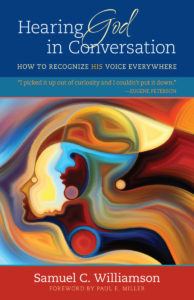I once visited an executive at a Christian publishing house. He wondered aloud how he should counsel an employee of his who was pregnant out of wedlock.

While he was “wondering,” the woman herself burst into his office in tears. She had shared her situation in confidence with the executive, and then she discovered he had asked several people for their “wisdom” in counseling her (just as he was asking me).
And now her secret was public knowledge.
He apologized to the woman and they agreed to talk later. After she left, he said to me, “I just hate secrets. I’ve always identified with Nathaniel in Scripture, ‘A man in whom there is no deceit’” (John 1:47).
This morning I read this quote in Flannery O’Conner’s Mystery and Manners:
To know oneself is, above all, to know what one lacks. It is to measure oneself against Truth, and not the other way around. The first product of self-knowledge is humility.
My executive friend may have hated deceit, but it felt like he was full of self-deceit.
We May Be Too
When the Word War II allies liberated the first concentration camp, Ohrdruf, they forced the local city inhabitants to dig graves for the unburied dead. The next day the mayor and his wife hanged themselves, leaving a note with these words:
We didn’t know! But we knew.
When John the Baptist called the children of Israel to repentance, he especially rebuked their leaders for their proud, self-affirming religion. He said, “Do not fool yourselves by thinking, ‘We have Abraham as our father,’ for I tell you, God is able to raise up children for Abraham from these very stones” (Matt. 3:9).
It is a terrible truth that various evils still lurk inside our flesh, but it is more terrible—and perhaps more evil—when we are unwilling to admit our imperfections, when we compound our faults with delusions of decency.
Self-deceit is not the biggest sin we commit, but it is the reason we commit our biggest sins.
Sam
God needs our poverty more than our riches, he wants our weakness more than our strength. God speaks to us not because of our goodness but because of his goodness. Hearing God can become our new normal.
[vimeo id=”189867683″]
If you haven’t read my book, buy a copy now. I believe it will  help you learn to hear his voice, grow in intimacy with the Father, and in that intimacy we can finally replace our self-deception with God’s affirming love.
help you learn to hear his voice, grow in intimacy with the Father, and in that intimacy we can finally replace our self-deception with God’s affirming love.
[button href=”https://www.amazon.com/Hearing-God-Conversation-Recognize-Everywhere/dp/0825444241/ref=cm_cr_arp_d_product_top?ie=UTF8″ primary=”true” centered=”false” newwindow=”true”]Buy Now[/button]

 Hearing God is Dangerous
Hearing God is Dangerous
Good word to start the day, Sam
Without Humility we can’t learn. When we despise being wrong we become invested in our position instead of in growth.
How can we be transformed from glory to glory when leaving our current season truth means admitting we were wrong. It doesn’t it’s going from justified by God to knowing better and still justified by God.
Pride blinds us and keeps us stuck. Good reminder for me today, thanks.
Hi Andy,
I love your line, “leaving our current season of truth means admitting we were wrong.” Ouch! And wonderful.
Thanks for your great insights and support.
Sam
“The first product of self-knowledge is humility.”
I think humility is the prerequisite for self-knowledge.
Paul!!!!!!!!
You make this process such a wonderful, beautiful, spiritual paradox. Yes, indeed, we need humility to accept the self-knowledge, and that self-knowledge in turn teaches us humility.
All of which means, we need the Spirit of God to soften our hard, proud hearts.
Thank you,
Sam
Every time I think I have the truth about someone else right, the truth about myself shines a spotlight on my own gaping wound. I am learning to remember to keep myself in a place of “God have mercy” and He does when I look to Jesus. Every time.